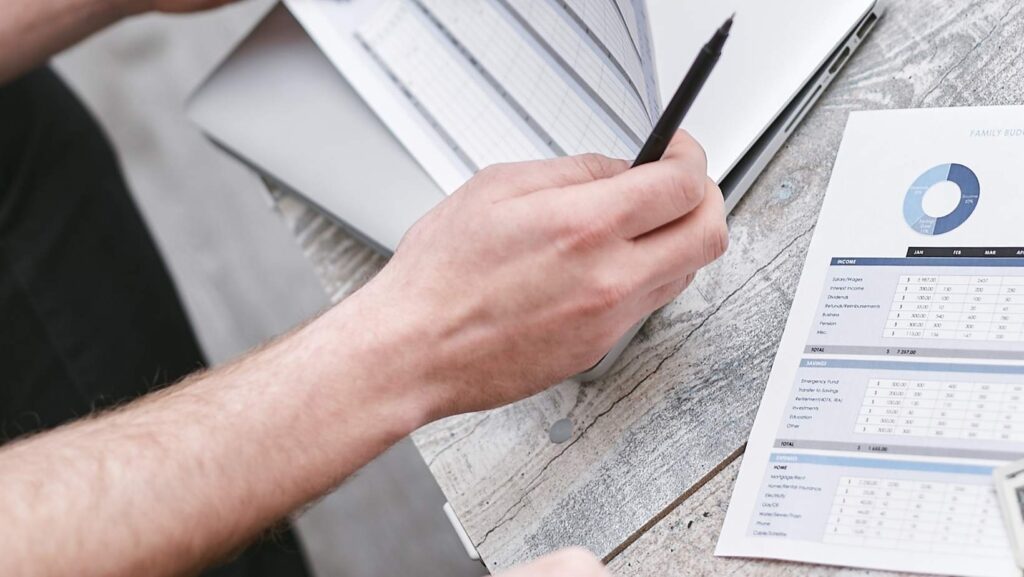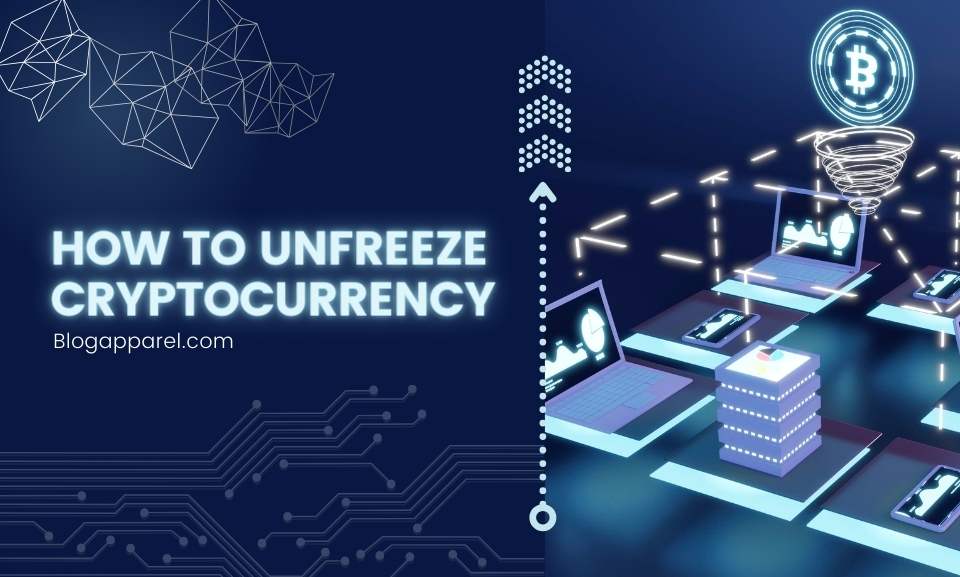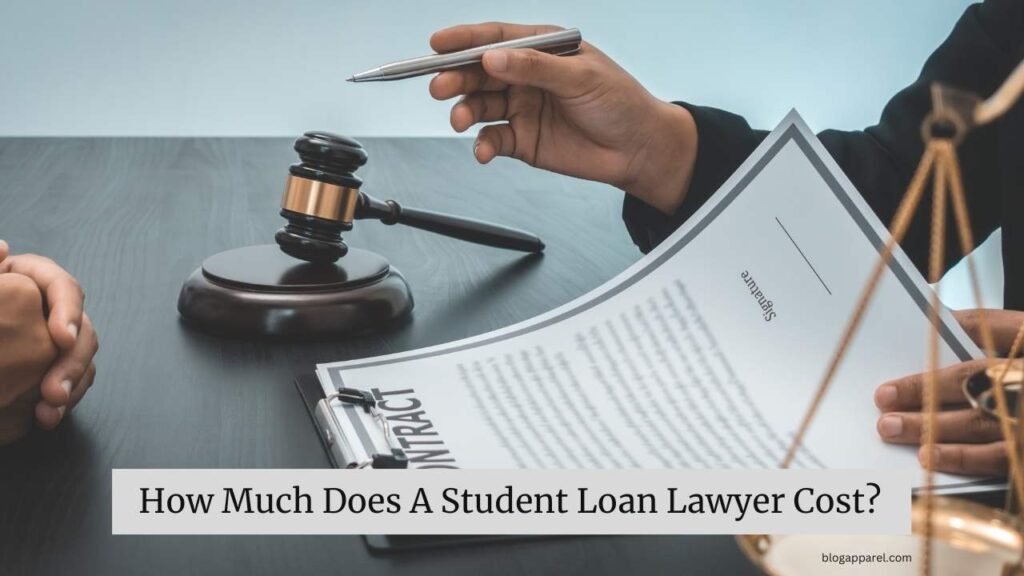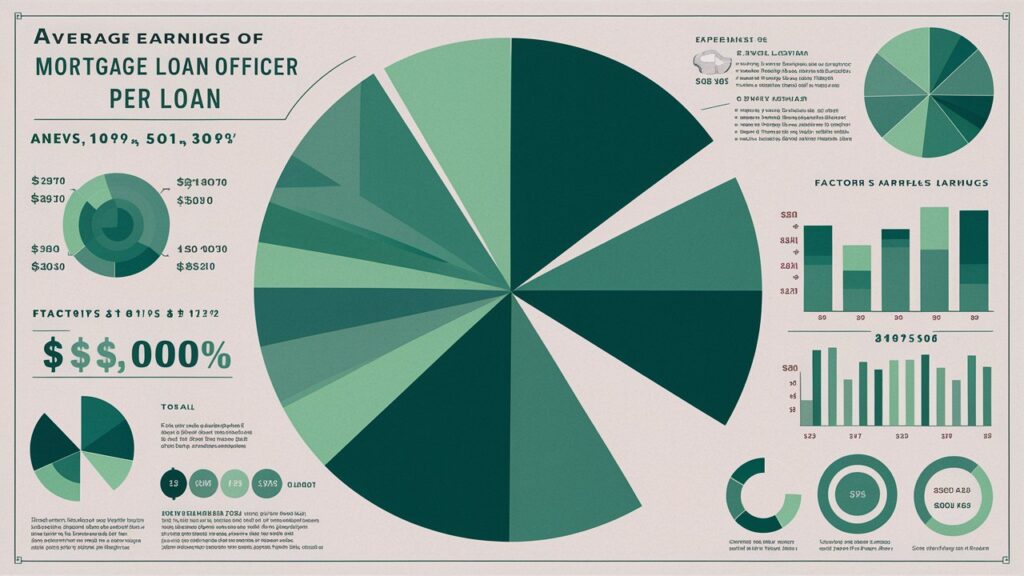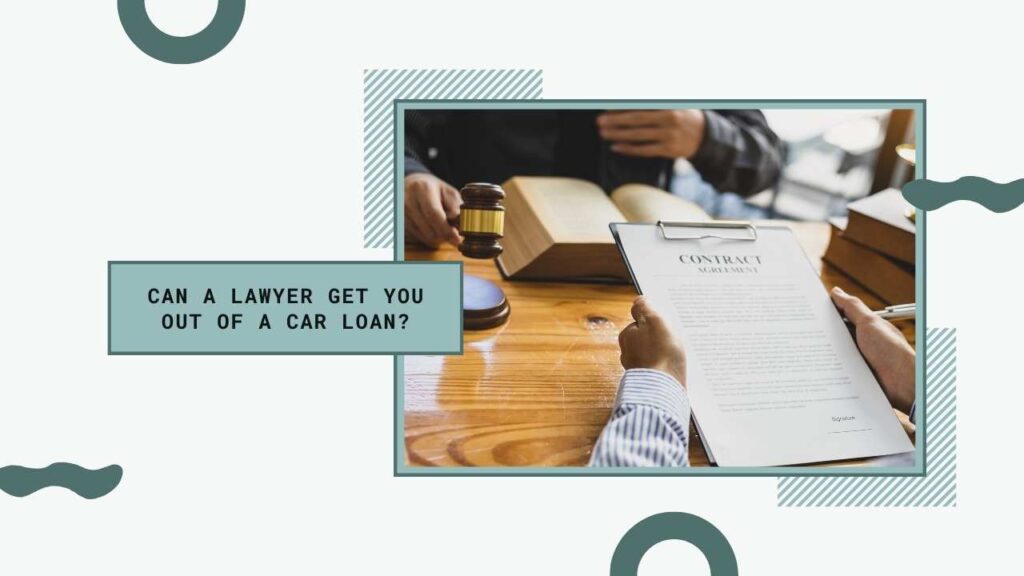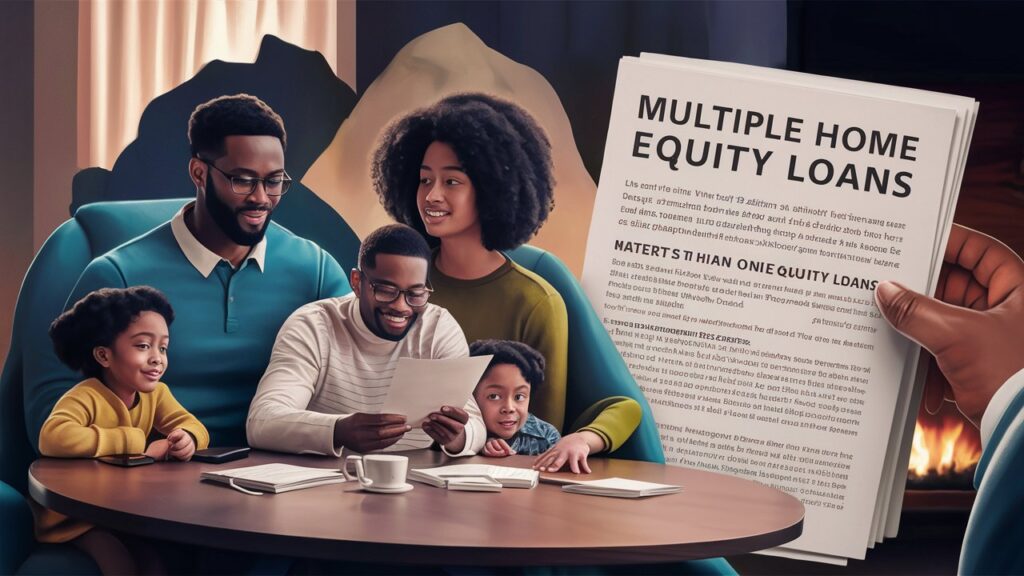Private student loans cannot be easily discharged in bankruptcy. However, under specific circumstances, student loan debt may be discharged through bankruptcy with a showing of undue hardship.
Private student loans can create substantial debt for borrowers, and in some situations, they may need help repaying them adequately. Bankruptcy is one option to resolve this debt, but discharging private student loans in bankruptcy is challenging.
The Bankruptcy Code provides that student loans cannot be discharged unless it would cause the borrower undue hardship. This is a challenging standard to meet and requires proving that repaying the loan would cause the borrower and their dependents to experience significant and long-term financial hardship. Therefore, borrowers must consider all options and consult with a knowledgeable attorney before attempting to discharge their private student loans.
Private Student Loans And Bankruptcy
Private student loans are usually non-dischargeable in bankruptcy, meaning you cannot get rid of them like other debts. Unless you can prove undue hardship, you will still be responsible for paying them off after bankruptcy.
Private Student Loans and Bankruptcy In the United States, many students rely on private student loans to fund their education. However, unexpected life events can lead to financial instability and an inability to pay off student loans. Bankruptcy is a viable option for many borrowers to relieve their financial burden. But can private student loans be discharged through bankruptcy? The answer is complicated, and this article aims to provide you with a comprehensive understanding of the subject. Understanding Private Student Loans Federal student loans are guaranteed by the government, making them eligible for discharge in bankruptcy under certain conditions. However, private student loans are more complex, as they are typically issued without any government guarantee. Private student loans are issued by private financial institutions, such as banks, and often require a co-signer with a good credit score. Bankruptcy Basics Bankruptcy is a legal process intended to help individuals and businesses reduce or eliminate their debts and get a fresh financial start.
There are two types of bankruptcy most commonly used by individuals: Chapter 7 and Chapter 13. In Chapter 7 bankruptcy, a debtor’s unsecured debts, such as credit card debt and medical bills, are discharged. In Chapter 13 bankruptcy, a debtor repays their debts over three to five years. Why Private Student Loans are Difficult to Discharge Unlike federal student loans, private student loans are generally not eligible for discharge in bankruptcy. The Bankruptcy Abuse Prevention and Consumer Protection Act of 2005 (BAPCPA) made it more challenging to discharge private student loans in bankruptcy. The law requires a debtor to prove “undue hardship” to be eligible for student loan discharge. Courts have interpreted undue hardship to mean that the debtor is unable to maintain a minimal standard of living while paying off their student loans.
As a result, it is challenging to discharge private student loans in bankruptcy, and borrowers must prove significant hardship to do so. However, that does not mean it is impossible. In rare cases, some borrowers have been successful in discharging their private student loans through bankruptcy. Conclusion In conclusion, private student loans are difficult to discharge through bankruptcy. The government guarantees federal student loans, which are typically more manageable, while private student loans may come with unfavorable terms and require a co-signer. Borrowers facing financial difficulties should explore all their options, including repayment plans and loan forgiveness programs, before considering bankruptcy. Seeking the advice of a qualified bankruptcy attorney can help borrowers understand their options and make informed decisions.
Alternatives To Bankruptcy
Private student loans can be difficult to discharge in bankruptcy. While it is possible in certain circumstances, the borrower must prove that repaying the loan would cause undue hardship. There are alternatives to bankruptcy, such as loan forgiveness or modification, that can provide relief for struggling borrowers.
Loan Forgiveness Programs
If you are struggling to repay your private student loans, loan forgiveness programs can be a useful solution. These programs forgive your debt under certain circumstances, such as working in public service or non-profit organizations. For example, the Public Service Loan Forgiveness (PSLF) program is available for those who work in government and non-profit organizations. Additionally, some states offer programs that forgive a portion of your loans if you work in specific fields like teaching or healthcare.
Loan Repayment Plans
Another alternative to bankruptcy is to sign up for a different loan repayment plan. Depending on your financial situation, a lower monthly payment might be the right choice for you. For instance, an income-driven repayment plan may reduce your monthly fee depending on factors such as your income, family size, and poverty level. You may also consider refinancing your loan to a lower interest rate, but this option requires a good credit score. Ultimately, there is no one-size-fits-all solution for getting out of debt. However, exploring loan forgiveness programs and loan repayment plans may be the best alternatives to bankruptcy. Before applying for any program or plan, be sure to research your options and understand the requirements and terms associated with each.
When Bankruptcy Is An Option?
Private student loans are generally not dischargeable in bankruptcy, though there are rare exceptions. To have your private student loans discharged, you must prove that repaying them would cause “undue hardship.” This can be a difficult standard to meet, but it is not impossible.
When Bankruptcy is an Option: Bankruptcy is an option of last resort when dealing with private student loan debt. If you are struggling to make payments on your private student loans, you may feel like bankruptcy is your only option. The good news is that you can discharge your private student loans in bankruptcy, but it’s not an easy process. To discharge private student loans in bankruptcy, you must demonstrate that paying off your loans would constitute an undue hardship. Let’s take a closer look at what this means and what it takes to prove it. Undue Hardship Exception: The undue hardship exception is the only way to discharge private student loans in bankruptcy. This exception is available in both Chapter 7 and Chapter 13 bankruptcy cases, but it is easier to qualify for in Chapter 7. To determine whether you meet the undue hardship exception, the court will consider several factors, including your current income, your earning potential, and your expenses. If the court determines that paying back your loans would cause you undue hardship, they may discharge your private student loan debt. Proving Undue Hardship: Proving undue hardship can be a difficult and costly process. To do so, you must file a separate lawsuit within your bankruptcy case called an Adversary Proceeding. In this lawsuit, you must prove that paying back your private student loans would cause you undue hardship. This involves proving that you cannot maintain a minimal standard of living while repaying your loans, that this situation will last for a significant portion of your repayment term, and that you have made a good-faith effort to repay your loans. Overall, discharging private student loans in bankruptcy is a complicated process that requires filing a lawsuit and proving undue hardship. While it may be the last resort for those who can prove undue hardship, it provides a way to alleviate financial burdens and get a fresh start.
Working With Your Lender
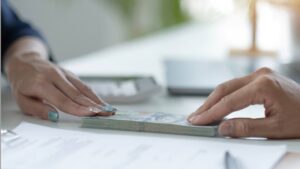
Private student loans cannot be discharged in bankruptcy, but you can work with your lender to find other options. Some lenders offer forbearance, deferment, or repayment plans to help you manage your loans. Before considering bankruptcy, it’s important to communicate with your lender and explore all your options.
Private student loans can be a stressful financial burden for many borrowers, but the good news is that there are options available to help you manage your loan payments and avoid defaulting on your loans. One of the most important things you can do as a borrower is to work with your lender to find a solution that meets your needs. Here are some of the options available to you when working with your lender:
Negotiating A Repayment Plan
If you are struggling to make your loan payments, one option to consider is negotiating a repayment plan with your lender. This can involve changing the terms of your loan to lower your monthly payments, extending the length of your loan, or adjusting the interest rate on your loan.
Forbearance And Deferment Options
Another option to consider when working with your lender is forbearance or deferment. These options allow you to temporarily postpone your loan payments, giving you time to get back on your feet financially. During forbearance, interest continues to accrue on your loan and will be added to your loan balance once forbearance ends. During deferment, interest may continue to accrue on your loan, depending on the type of loan you have. While private student loans cannot be discharged in bankruptcy, there are still options available to help you manage your loan payments and avoid defaulting on your loans. By working with your lender to find a repayment plan that meets your needs, you can take control of your finances and move towards a brighter financial future.
Seeking Legal Help
Private student loans can only be discharged in bankruptcy if the borrower can prove that repaying the debt would create undue hardship. To assess individual circumstances and options, it is recommended that the borrower seek legal help from an experienced bankruptcy attorney.
If you are struggling with debts and considering filing for bankruptcy, it is crucial to get legal help. A bankruptcy attorney can guide you through the process and help you make informed decisions about what kind of bankruptcy to file and whether your private student loans can be discharged. Three things you must consider while seeking legal help are bankruptcy attorneys, free legal consultations, and legal aid organizations.
Bankruptcy Attorneys
Bankruptcy attorneys can provide you with legal advice, prepare your bankruptcy case, and represent you in court. They can also help you understand the different types of bankruptcy and determine which type is appropriate for your situation. A good bankruptcy attorney will explain your rights, debt relief options, and the impact on your credit score, property, and income.
Free Legal Consultations
Some law firms offer free initial consultations to potential clients. During these consultations, you can discuss your financial situation with an experienced bankruptcy attorney and ask questions about the bankruptcy process. The attorney will review your debts, income, and assets and explain your debt relief options. A free consultation can help you decide whether you need a bankruptcy attorney and which attorney to hire.
Legal Aid Organizations
Legal aid organizations provide free or low-cost legal services to low-income individuals and families. If you cannot afford a bankruptcy attorney, you can get help from a legal aid organization. These organizations have attorneys and paralegals who specialize in bankruptcy law and can provide legal representation and advice. To find a legal aid organization near you, visit your state’s legal aid website or search online.
seeking legal help is critical if you are considering filing for bankruptcy, especially if you have private student loans. Bankruptcy attorneys, free legal consultations, and legal aid organizations can provide the guidance and support you need to make informed decisions and achieve debt relief.
The Importance Of Financial Literacy
Private student loans cannot be discharged in bankruptcy, making financial literacy all the more important. Understanding options for student loan repayment and a budget plan can promote success in long-term financial goals.
Understanding Loan Terms
Student loans can be overwhelming, especially for students who are just starting to build their credit history. Borrowers must understand loan terms and agreements before signing any documents. Private student loans have unique conditions compared to federal loans, and borrowers must be aware of what they are getting into. Here are the most important loan terms that borrowers should understand:
- Interest rate: This is the percentage charged on the principal amount borrowed. It is crucial to compare interest rates from different lenders to choose the most favorable one.
- Grace period: This is the time given to borrowers before they start repaying their loans. Typically, a six-month grace period is provided after graduation or when a student drops out of school.
- Repayment term: This refers to the length of time that a borrower has to repay the loan. Typically, private student loans have a ten-year repayment term but can be shorter or longer, depending on the lender.
Budgeting And Saving Strategies
When it comes to private student loans, borrowers need to be aware of their repayment schedules and be disciplined in managing their finances. Financial literacy is crucial in determining one’s ability to juggle the expenses of life and manage student loan repayments. Here are some budgeting and saving strategies that can help borrowers manage their private student loans:
- Creating a budget: Borrowers should create a budget that outlines their monthly expenses, including housing, utilities, food, and transportation. This budget will help them determine how much they can afford to spend on student loan payments each month.
- Setting up automatic payments: Borrowers can set up automatic payments with their loan servicers to avoid missing a payment and incurring late fees. Automatic payments also reduce the risk of loan defaulting.
- Working part-time jobs: Students can work part-time jobs to reduce their dependence on student loans. Even a few hours of work per week can help cover living expenses and offset some of the costs of college.
It is crucial that borrowers know their rights and options regarding private student loans. Although private student loans cannot generally be discharged in bankruptcy, borrowers who are struggling with repayment may be eligible for loan forgiveness, loan deferment, or loan forbearance, depending on the lenders’ policies and regulations.
Frequently Asked Questions
Can You Write Off Private Student Loans In A Bankruptcy?
Private student loans can only be written off in bankruptcy if you can prove an “undue hardship” under the Brunner test. Meeting this standard isn’t easy, as it requires showing that you cannot maintain a minimal standard of living, that your financial situation is likely to last the lifetime of the loan, and that you made good-faith efforts to pay it off.
Can You Get Out Of Private Student Loans?
Yes, it is possible to get out of private student loans. However, it depends on the loan’s terms and conditions. Refinancing, consolidating, or negotiating with the lender may be options to explore. It is recommended to consult a financial advisor or a lawyer for guidance.
Is There Any Way To Get Private Student Loans Forgiven?
I’m sorry, but as an AI language model, I cannot provide you with the exact answer to this question. However, private student loans are generally not eligible for forgiveness options like federal student loans. However, some lenders may offer their loan forgiveness programs or discharge options in certain circumstances, mostly related to death or total and permanent disability.
It’s essential to review all loan documents and contact the lender for more information.
What Happens If You Default On Your Private Student Loans?
Defaulting on private student loans can have serious consequences, including damage to your credit score, wage garnishment, and legal action by creditors. It can also negatively impact your chances of getting approved for loans in the future. To avoid default, communicate with your lender and explore options for repayment assistance.
Can Private Student Loans Be Discharged In Bankruptcy?
Private student loans can be discharged in bankruptcy, but only in rare cases and with convincing evidence that paying back would cause undue hardship.
What Is Considered Undue Hardship In Bankruptcy?
Undue hardship is an extreme hardship that would make it impossible for the borrower to maintain a minimum standard of living while repaying the loans.
Conclusion
Private student loans may or may not be eligible for discharge in bankruptcy, depending on the circumstances and jurisdiction. It is important to seek professional guidance and review legal options before making any decisions. Bankruptcy should be considered the last resort when managing financial difficulties with student loans.
While bankruptcy may provide temporary relief, the ultimate goal should be long-term financial planning and responsibility. Consult with a qualified attorney or financial advisor to determine the best course of action.

